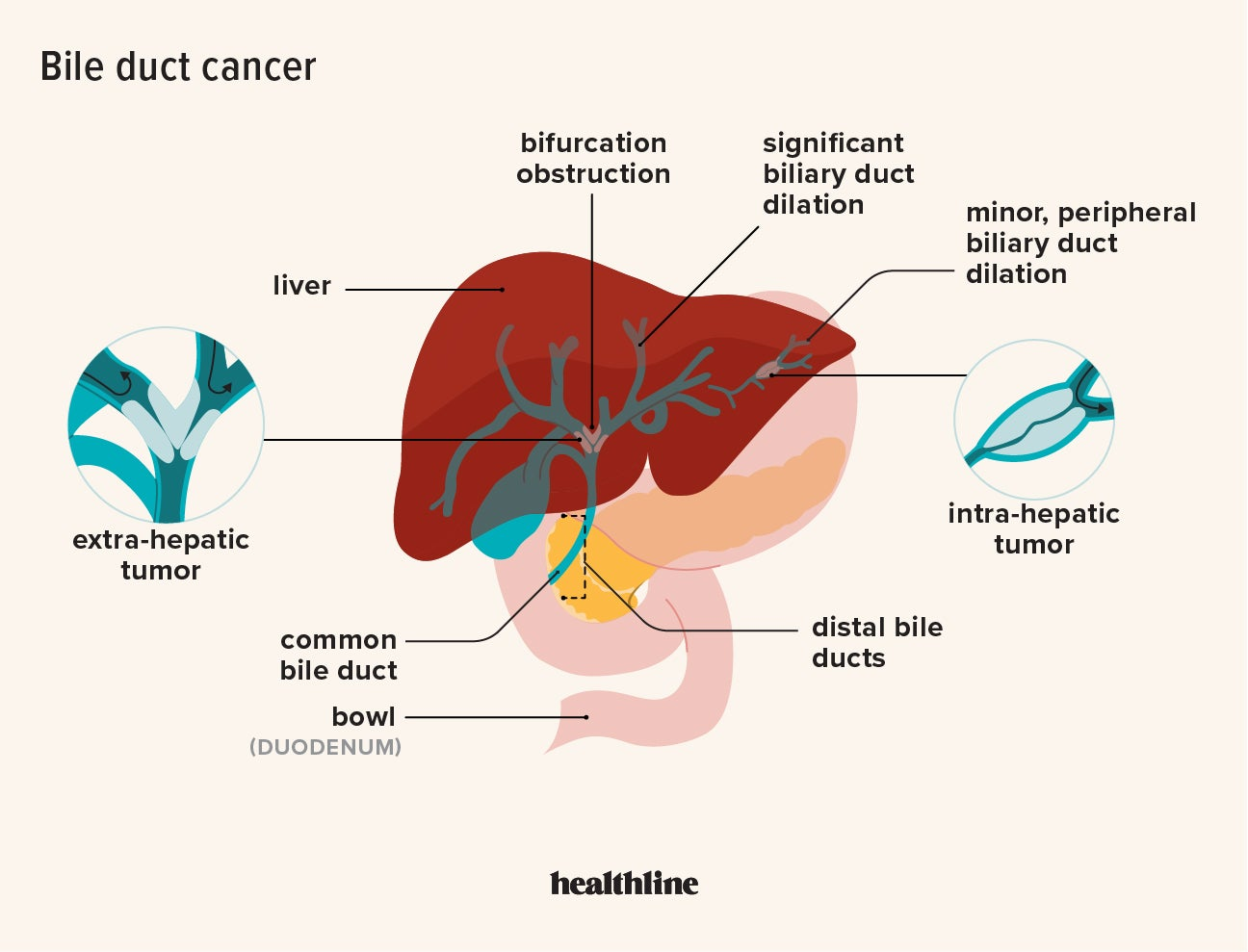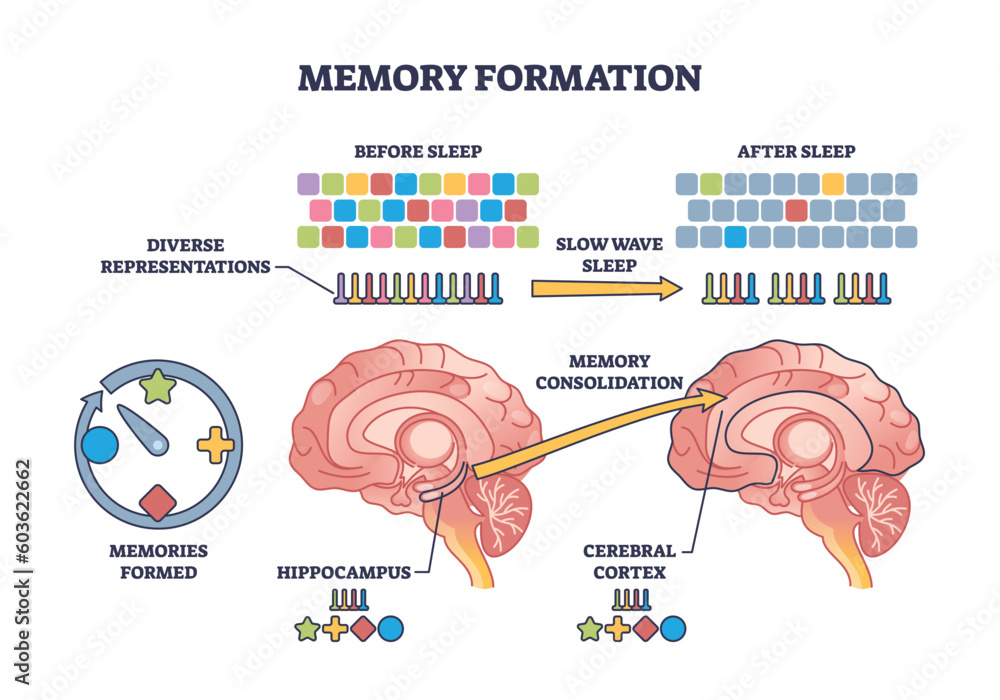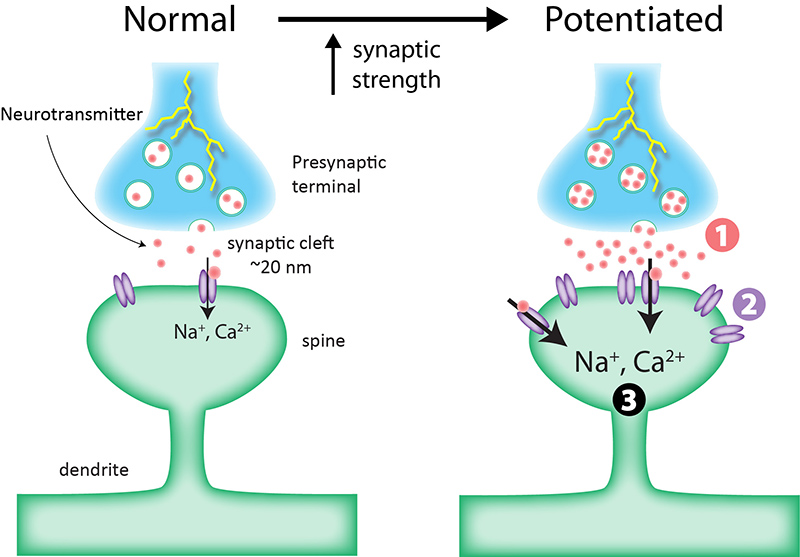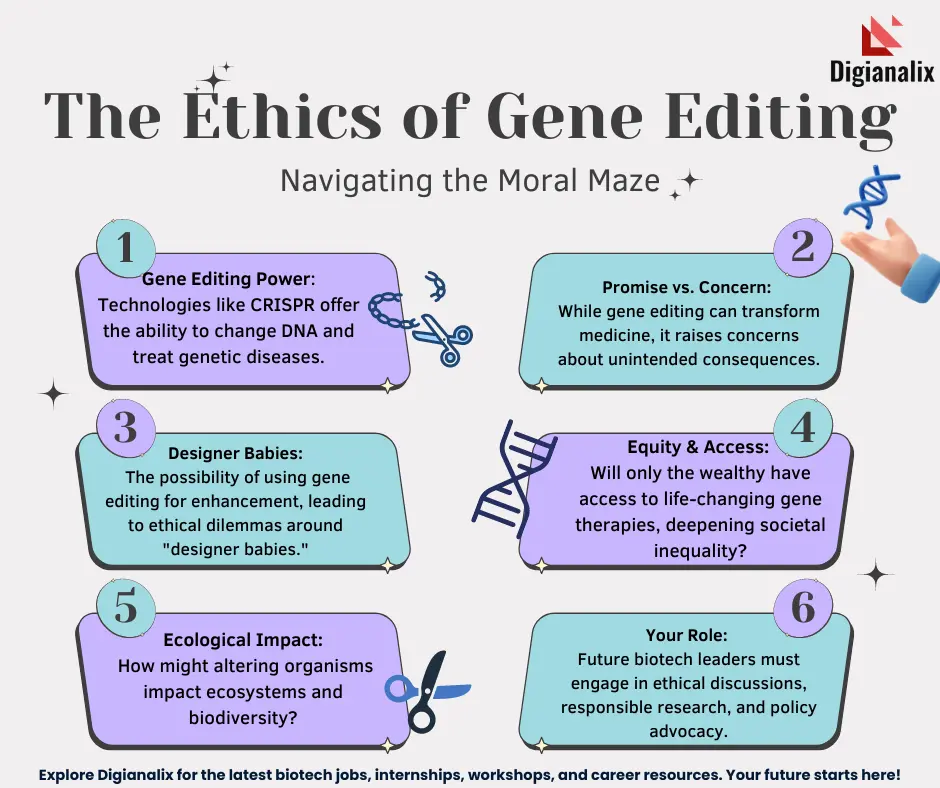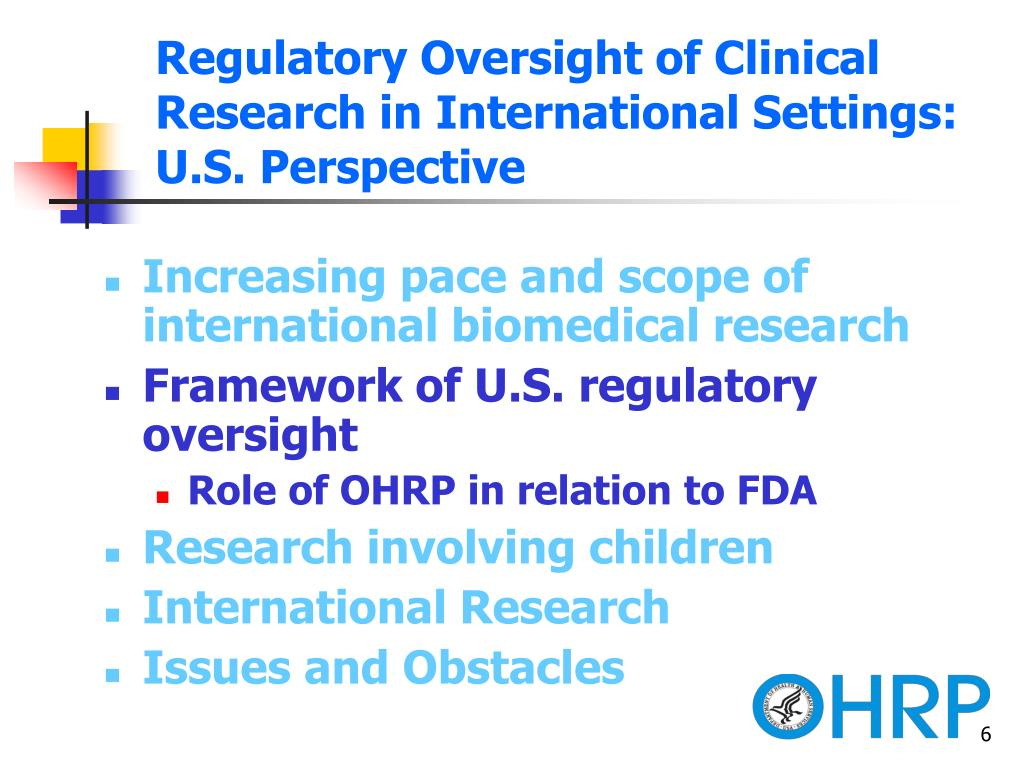The FDA-approved smoking cessation pill, varenicline, offers a promising solution for individuals struggling to break free from vaping addiction. Recent clinical trials have revealed that teens and young adults who use varenicline are more than three times as likely to successfully quit vaping compared to those relying solely on behavioral counseling. With vaping becoming increasingly prevalent among younger demographics, effective treatments for nicotine addiction are crucial. This groundbreaking study indicates that varenicline not only assists in overcoming the challenges associated with quitting but also maintains a high safety profile, avoiding the transition to traditional cigarettes. As public health advocates continue to address vaping’s rise, treatments like varenicline provide hope for a healthier, nicotine-free future for our youth.
The rise of nicotine dependence in young individuals has led to a pressing need for effective interventions, with various therapies now available for those eager to kick the habit. Often referred to as smoking cessation solutions, these medications entail options such as varenicline, which has shown effectiveness in aiding individuals to quit vaping. By providing a dual-action approach aimed at reducing cravings and withdrawal symptoms, this treatment emerges as a viable alternative to tackling vaping addiction. Moreover, comprehensive support systems, like behavioral counseling, complement these pharmacological strategies to enhance quitting rates. In a landscape where vaping continues to claim the attention of young users, innovative treatments present crucial pathways to recovery.
The Role of the FDA-Approved Smoking Cessation Pill in Quitting Vaping
Varenicline, an FDA-approved smoking cessation pill, has emerged as a groundbreaking treatment for young individuals trying to quit vaping. This medication works by targeting nicotine receptors in the brain, reducing withdrawal symptoms and cravings. In a clinical study led by researchers from Mass General Brigham, teens and young adults taking varenicline were found to have over three times the success rate in quitting vaping compared to those receiving just behavioral counseling. This significant finding underscores the critical role that pharmacological treatments can play in addressing vaping addiction among vulnerable populations.
The success of varenicline in helping young adults quit vaping can largely be attributed to its dual-action mechanism. Not only does it alleviate withdrawal symptoms, but it also diminishes the pleasure associated with nicotine consumption. As vaping continues to rise in popularity — with about a quarter of 18 to 25-year-olds utilizing e-cigarettes in 2023 — finding effective treatments is essential. Research shows that using varenicline, coupled with behavioral support, can provide a comprehensive approach to smoking cessation, helping reduce the reliance on nicotine over time.
Understanding Vaping Addiction Among Teens and Young Adults
Vaping addiction can be particularly challenging for teens, as early exposure to nicotine significantly alters brain development, making individuals more susceptible to other substance abuse, including cocaine. According to the study published in JAMA, the rise in vaping rates among high school students exemplifies a public health crisis that requires urgent action. The study’s findings show that without effective interventions like the FDA-approved smoking cessation pill, many young adults will continue to struggle with nicotine dependency throughout their lives, leading to more severe health risks.
As vapes become increasingly prevalent, it is crucial to recognize the unique challenges they pose to adolescent health. Vapes are discreet, easy to use, and often marketed misleadingly as safer alternatives to cigarettes, which can obscure their associated health risks. By focusing on treatment options, including medication like varenicline, we can address vaping addiction more effectively. As demonstrated in the clinical trial, offering robust support through pharmacological interventions may significantly enhance the likelihood of quitting among young users.
The Importance of Behavioral Counseling in Smoking Cessation Programs for Youths and Young Adults
While varenicline has proven effective for quitting vaping, it is vital to highlight the role of behavioral counseling in treatment programs. The study indicated that participants receiving both varenicline and weekly behavioral counseling reported higher success rates of cessation. Behavioral therapy equips individuals with coping mechanisms and strategies to handle triggers effectively, which can be especially beneficial for young adults navigating social situations that may involve vaping.
Integrating behavioral counseling with pharmacological treatments creates a well-rounded approach to smoking cessation. For many young users, addressing the psychological aspects of addiction alongside the physiological effects of nicotine is essential for long-term success. This combined approach not only aids in quitting vaping but also encourages healthier lifestyle choices that reflect a commitment to avoiding nicotine relapse in the future.
Comparative Success Rates of Various Smoking Cessation Methods
In the recent clinical trial, the success rates between the group using varenicline and those receiving only behavioral counseling illustrated a stark contrast. With 51% of varenicline users successfully quitting vaping versus only 14% of those taking placebo, the efficacy of pharmacological intervention is clear. These statistics help to showcase that while behavioral support is beneficial, incorporating effective medications is critical in enhancing outcomes in smoking cessation.
The information from this trial emphasizes the need for comprehensive treatment plans that include both medication and behavioral interventions. Without the backing of effective pharmacotherapy, many young individuals may find it considerably more challenging to overcome nicotine addiction. The figures reported in the study provide compelling evidence that achieving higher quitting rates is possible with the strategic use of FDA-approved treatments.
Future Directions for Research in Vaping Cessation
While the findings from the Mass General Brigham study are promising, further research is necessary to explore the long-term effectiveness of varenicline and its applicability across different age groups. The challenge lies in understanding how to best tailor smoking cessation strategies to not just young adults but also younger adolescents who might also be engaging in nicotine vaping. Identifying age-specific dependencies and effective interventions will be crucial to addressing this growing issue.
Moreover, investigating other treatment modalities alongside varenicline will be essential. Exploring additional pharmacological options and alternative therapeutic approaches, such as cognitive behavioral therapy or community support interventions, may lead to even better outcomes. Broadening the scope of research will ultimately provide a more comprehensive toolkit for healthcare providers aiming to reduce vaping rates and support adolescents in overcoming their nicotine addiction.
Frequently Asked Questions
What is the FDA-approved smoking cessation pill and how does it help with vaping addiction?
The FDA-approved smoking cessation pill, known as varenicline, is designed to help individuals stop smoking and is now recognized for its effectiveness in aiding teens and young adults in quitting vaping. By decreasing withdrawal symptoms and cravings, varenicline enhances the chances of success compared to behavioral counseling alone.
How effective is varenicline as a treatment for nicotine in young adults?
Recent studies showed that varenicline is highly effective as a treatment for nicotine in young adults, significantly increasing their likelihood of quitting vaping. Participants taking varenicline were over three times more likely to have success in cessation compared to those receiving a placebo.
What are the benefits of FDA-approved smoking cessation pills like varenicline for teens?
For teens, FDA-approved smoking cessation pills like varenicline provide a vital alternative to quitting vaping. The pill not only helps manage cravings but also offers an evidence-based support mechanism, making it easier for young individuals to break free from nicotine addiction.
Can varenicline help someone who wants to quit vaping?
Yes, varenicline can assist individuals who wish to quit vaping. Approved for smoking cessation, it has been shown in clinical trials to facilitate nicotine withdrawal for teens and young adults, making it a valuable treatment option for those battling vaping addiction.
What age group can benefit from the FDA-approved smoking cessation pill for vaping addiction?
The FDA-approved smoking cessation pill, varenicline, can be prescribed to individuals aged 16 to 25 looking to quit vaping. Studies suggest that this demographic shows a greatly improved success rate when using varenicline, underscoring its importance as a cessation tool.
Are there any side effects associated with taking varenicline for smoking cessation?
While varenicline has been shown to be safe for young users, like all medications, it may have side effects. Commonly reported side effects include nausea and sleep disturbances. Users should consult with their healthcare provider to discuss potential risks and benefits.
How does varenicline compare to behavioral counseling for smoking cessation?
Varenicline has been found to be more effective than behavioral counseling alone for smoking cessation. In clinical trials, participants using varenicline had higher quit rates than those receiving only behavioral support, highlighting its role as a crucial part of a comprehensive treatment plan for vaping addiction.
What are the key findings from studies on varenicline as a smoking cessation treatment?
Key findings indicate that varenicline significantly enhances the quitting success rate among teens and young adults compared to placebo treatments. In studies, 51% of those using varenicline stopped vaping within 12 weeks, showcasing its effectiveness as a smoking cessation pill.
Is varenicline a safe option for young people struggling with vaping addiction?
Yes, varenicline is considered safe for young people who are struggling with vaping addiction. Clinical studies have not only demonstrated its effectiveness but also indicated that it does not lead users to switch from vaping to smoking cigarettes.
What should I discuss with my doctor before starting varenicline for quitting vaping?
Before starting varenicline for quitting vaping, it’s important to discuss your medical history, any existing health conditions, and potential drug interactions with your doctor. This will ensure that varenicline is a suitable option for your smoking cessation journey.
| Key Points | Details |
|---|---|
| Effective Treatment | Varenicline significantly helps teens and young adults quit vaping. |
| Study Findings | Participants on varenicline had over three times the quitting success rate than those on placebo. |
| Target Population | The study focused on individuals aged 16 to 25, a critical age group for nicotine addiction. |
| Health Risks of Vaping | Vaping poses health risks, including addiction, carcinogen exposure, and respiratory issues. |
| Treatment Groups | Participants were divided into varenicline, placebo, and text support groups. |
| Long-Term Success Rates | 51% of varenicline group quit at 12 weeks, 28% at 24 weeks. |
| Safety of Varenicline | No participants switching to cigarettes after quitting vaping. |
Summary
The FDA-approved smoking cessation pill, varenicline, provides a safe and effective solution for teens and young adults struggling with vaping addiction. A recent study demonstrated that participants taking varenicline were over three times more likely to successfully quit compared to those who received placebo treatment. This finding is crucial as vaping is increasingly popular among young people, presenting severe health risks associated with nicotine addiction and subsequent drug abuse. As the study showed, engaging in behavioral therapies alongside medication can amplify quitting rates, leading to a significant public health advancement. Continued research will be essential in exploring additional therapeutic avenues for even younger demographics vulnerable to nicotine addiction.

